
Every woman should have a little black dress in her wardrobe. It's a classic piece that's super versatile and chic. You can easily dress it down with sandals for a relaxed day out, whether you're heading to a picnic, shopping, or just taking a leisurely walk in the city. If you add heels and some accessories, it transforms into the perfect outfit for date nights, parties, or more formal occasions. It really is a must-have!
But while the little black dress has always been a classic, it’s often made by fast fashion brands using cheap, synthetic materials. The good news? Today, we can choose a sustainable little black dress that’s just as beautiful, without compromising people or the planet.
Disclosure: Some of the links below are affiliated; we may earn a small commission if you click through and make a purchase. We only feature brands that align with our values and contribute to a better world. Thank you for supporting these brands - and us! I
A Quick History of the Little Black Dress
The LBD made its debut in 1926 when Vogue published a drawing of Coco Chanel’s simple black design. Before then, black was reserved for mourning, but Chanel turned it into a symbol of elegance and modernity. By the 1930s, during the Great Depression, the dress became a favorite because of its simplicity and affordability, an accessible uniform of elegance for women of all classes.
In the post-war years, Christian Dior updated the silhouette with a more glamorous edge, and Hollywood stars quickly embraced it. Audrey Hepburn’s iconic Breakfast at Tiffany’s look in 1961 cemented the LBD as one of the most influential garments in fashion history. Since then, it has never gone out of style.
What Makes a Little Black Dress Sustainable?
A sustainable LBD should be:
- Made to last with high-quality, eco-friendly fabrics.
- Ethically produced, ensuring workers receive fair wages and safe working conditions.
- Certified by trusted labels like Fair Trade, GOTS, OEKO-TEX, or Bluesign® (not always necessary, but good to have)
Look for fabrics such as:
- Organic cotton
- Linen
- TENCEL™ Lyocell
- Hemp
- Recycled or reclaimed fibers (like deadstock fabrics)
Avoid virgin synthetics whenever possible, and prioritize biodegradable or recycled materials. Even better, choose dresses dyed with low-impact, non-toxic dyes to reduce chemical runoff and protect skin health.
Why Choose a Sustainable Little Black Dress?
Because you deserve a piece that looks good, feels good, and does good. Instead of buying a cheaply made dress that falls apart after a few washes, a sustainable LBD will stay in your wardrobe for years. It’s an investment in timeless style and a step away from wasteful, exploitative fashion cycles.
Our Favorite Sustainable Little Black Dresses:

1. Maisie Dress
Brand: Omnes
Price: $78
Crafted from 100% recycled polyester, this sleek LBD is made in a fully audited factory. OMNES prioritizes low‑impact fabrics like recycled polyester, cotton, linen, and ECOVERO™ alongside responsible packaging and minimal-waste practices. The Maisie Dress is a smart choice for a night‑out staple that'll stay in your rotation and leave a light footprint on the planet.

2. Nataly Knit Dress
Brand: Reformation
Price: $148
Made from a soft lightweight jersey blend (about 88% cotton, 12% spandex), the Nataly Knit dress has a chic boat neckline and a tight fit. Reformation’s commitment shines through: carbon-neutral production, the use of low-impact materials, and a circularity program to extend garment life.

3. Lainey Dress
Brand: Whimsy & Row
Price: $168
The Lainey Dress brings breezy summer vibes (and sustainability) to your wardrobe. Made locally in Los Angeles, Whimsy & Row designs are crafted using eco-friendly practices and often feature organic, deadstock, or upcycled fibers. The black Lainey Dress is a versatile mini with a square neckline, adjustable straps, and a chic silhouette that transitions from day to night.

4. Cotton Pleated Dress
Brand: SeamsFriendly
Price: $66
Made from Cotton Flax, this chic LBD comes with convenient pockets, and is made for your body. SeamsFriendly’s philosophy centers on custom‑made, eco-conscious fashion. Everything is handmade to order from natural fabrics, reducing waste and ensuring each garment is truly yours. The pleated square‑neck silhouette and long sleeves offers a sophisiticated look that is great for the winter months ahead.

5. Tara Mini Dress
Brand: Nobody's Child
Price: $144
The Tara Mini Dress from Nobody’s Child is a sleek A-line with short sleeves and covered buttons, a minimalist dream in 100% organic cotton. It also comes in petite sizes! This sustainable brand uses audited factories and recycled packaging for shipping.

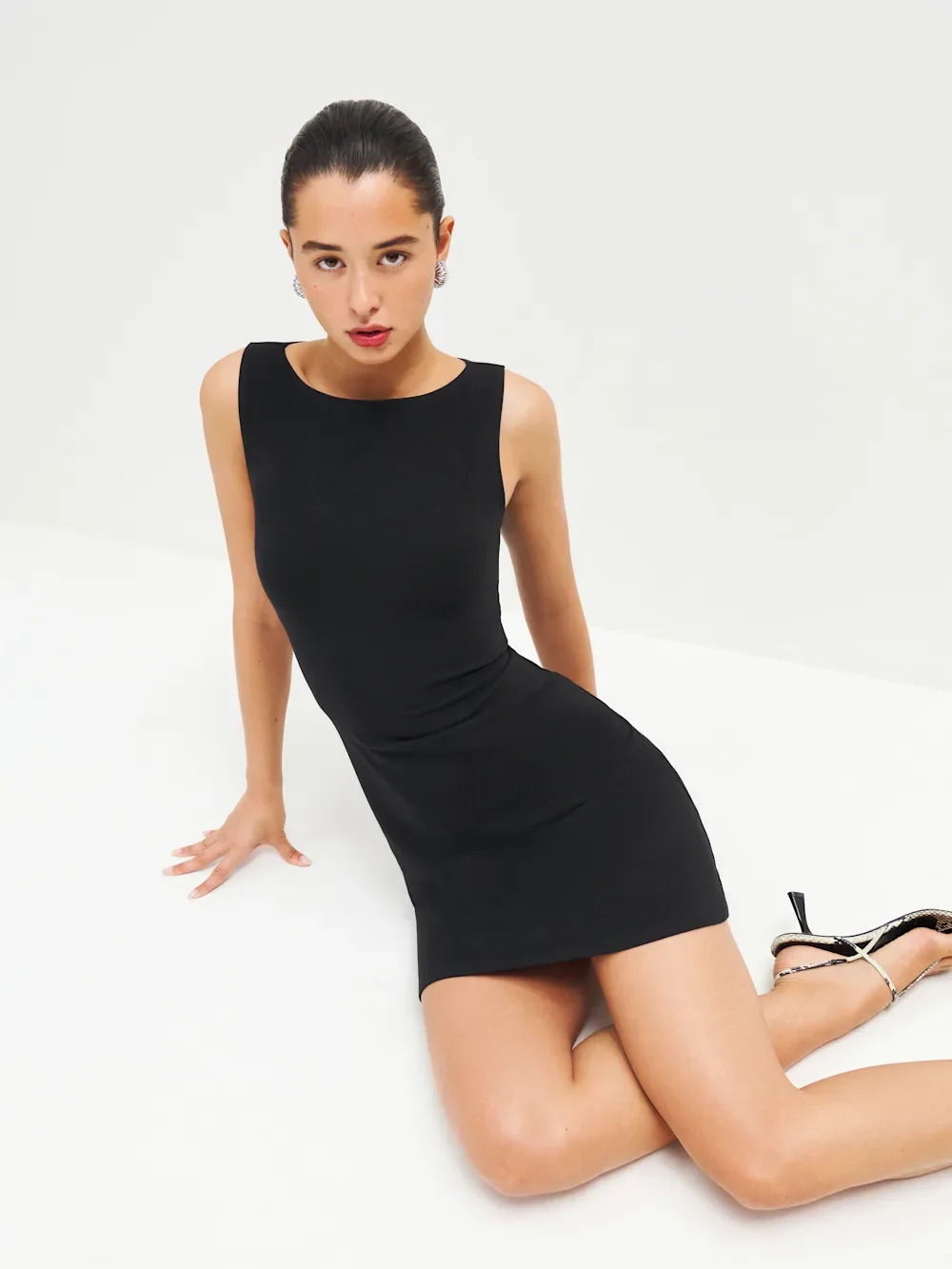












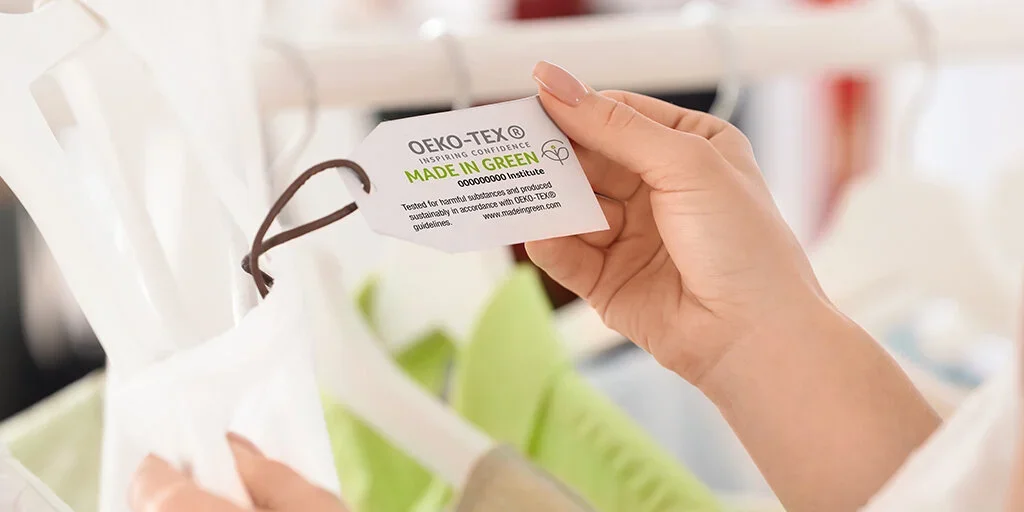




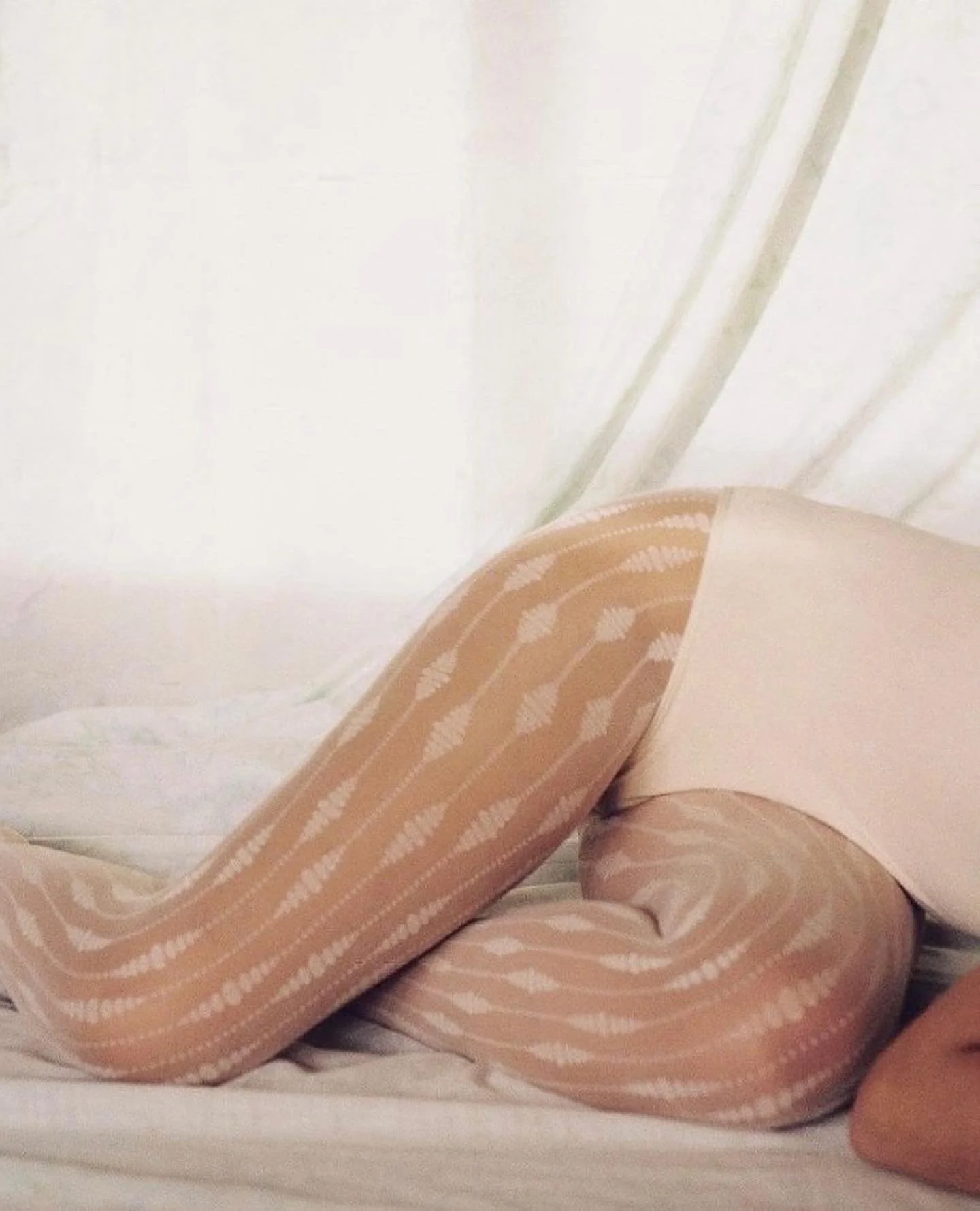
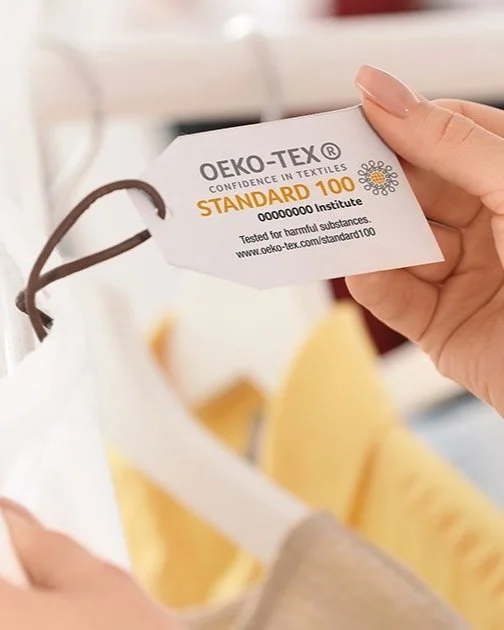
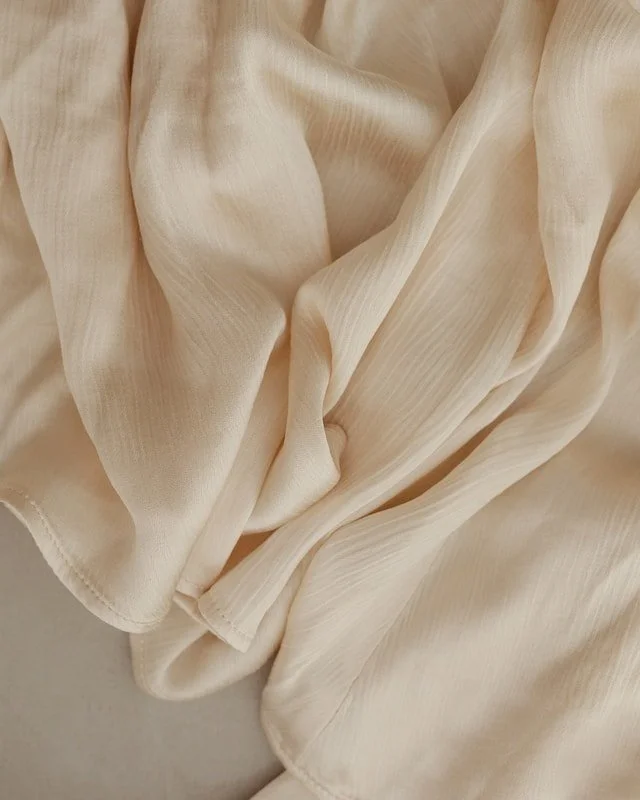
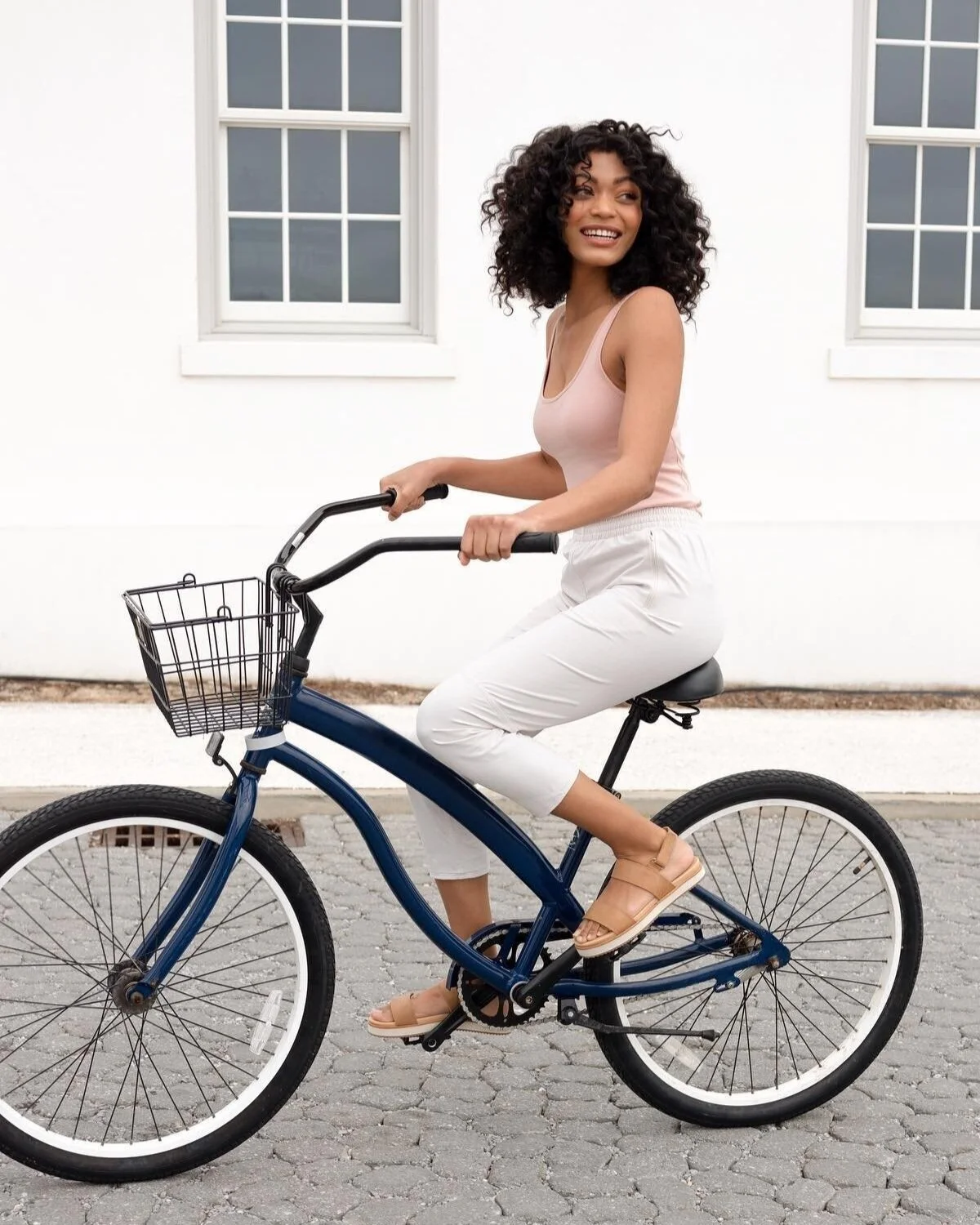

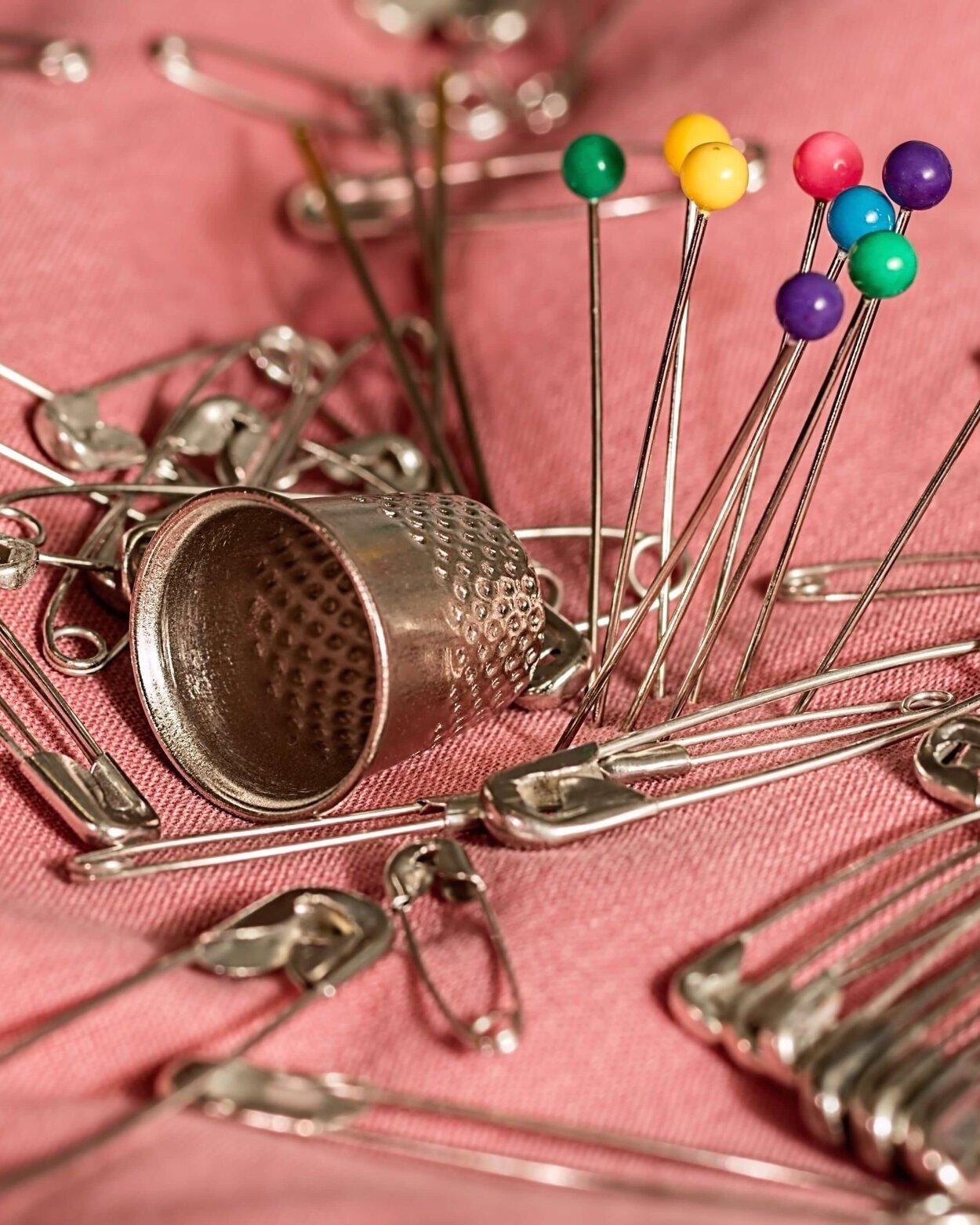









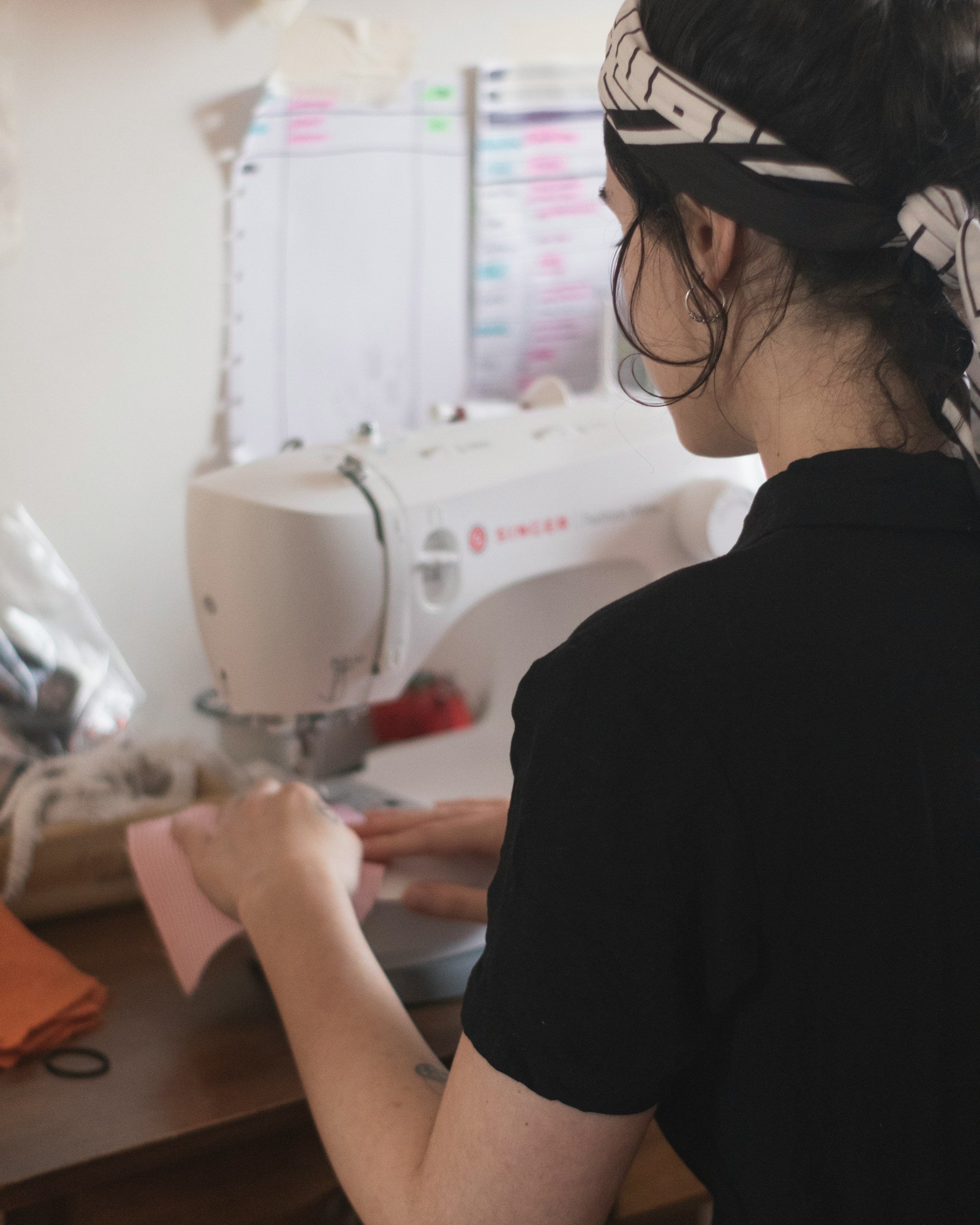
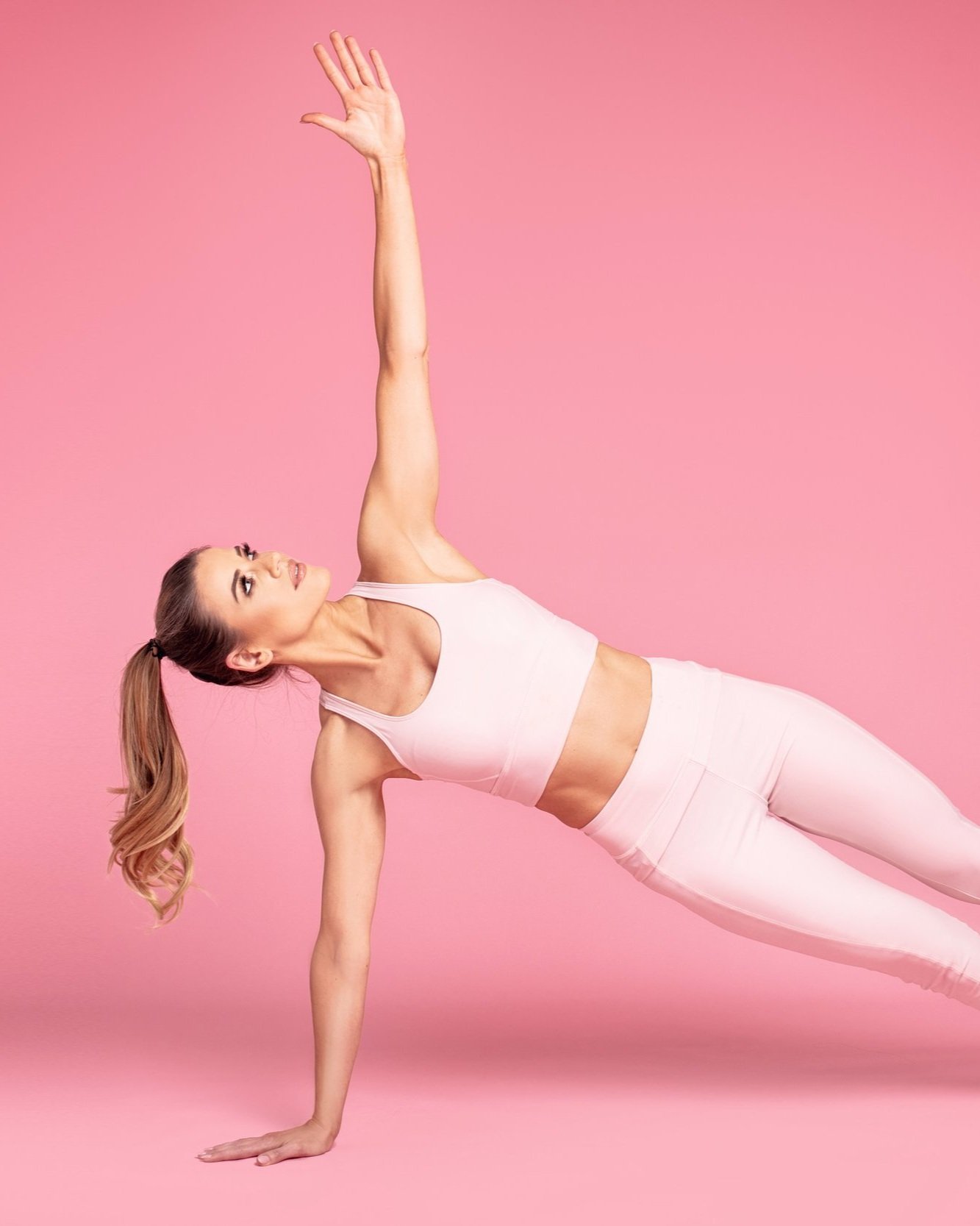


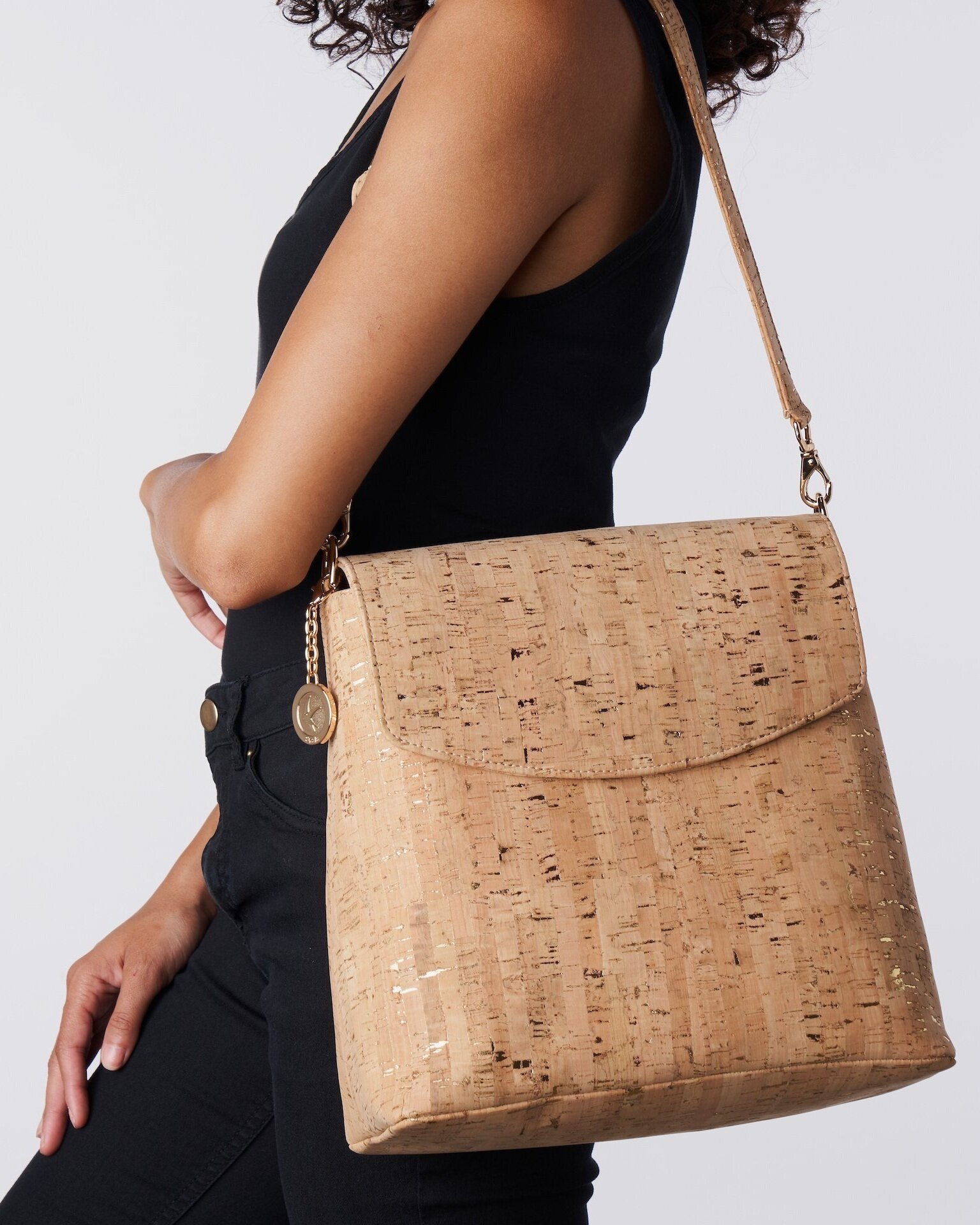
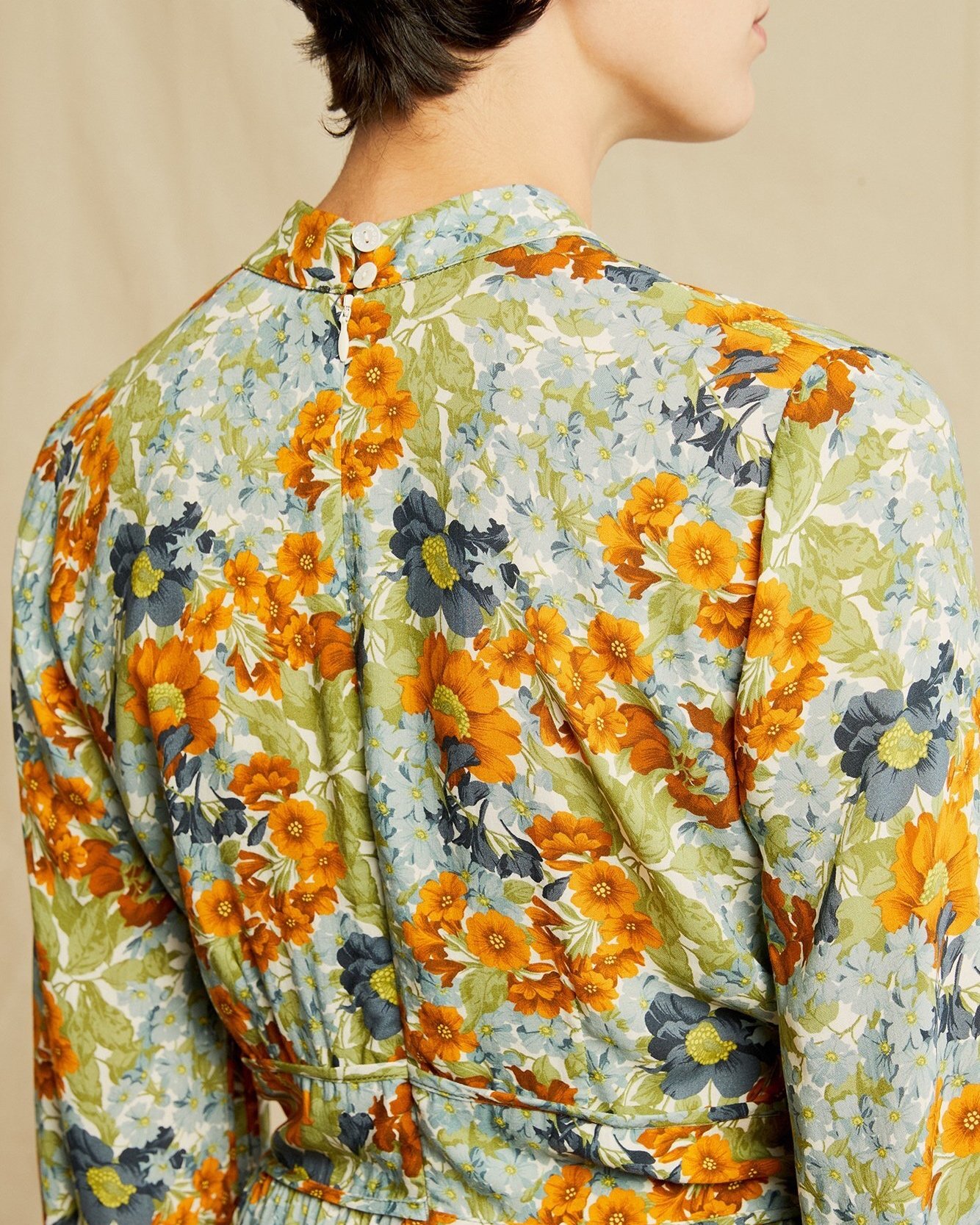
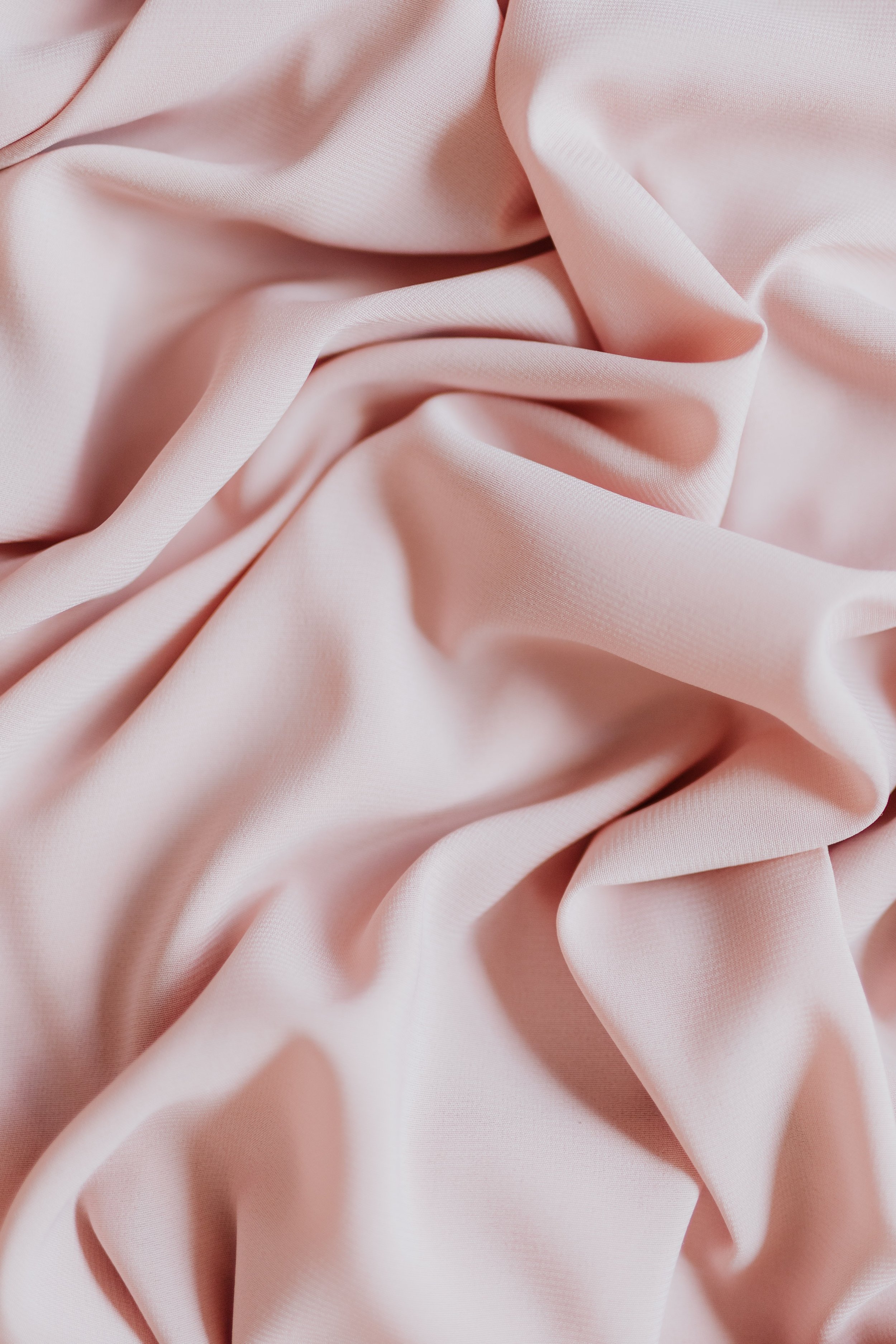

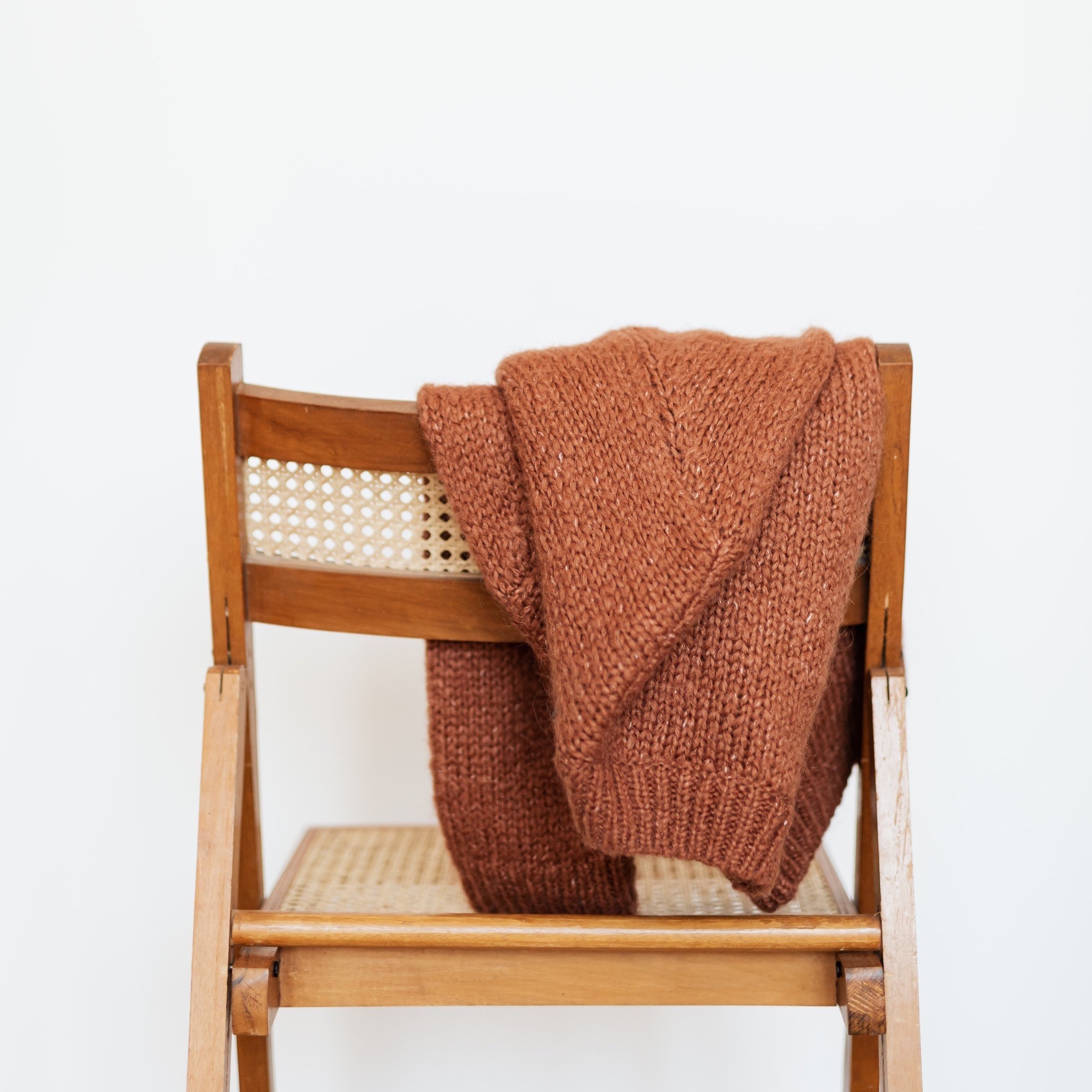

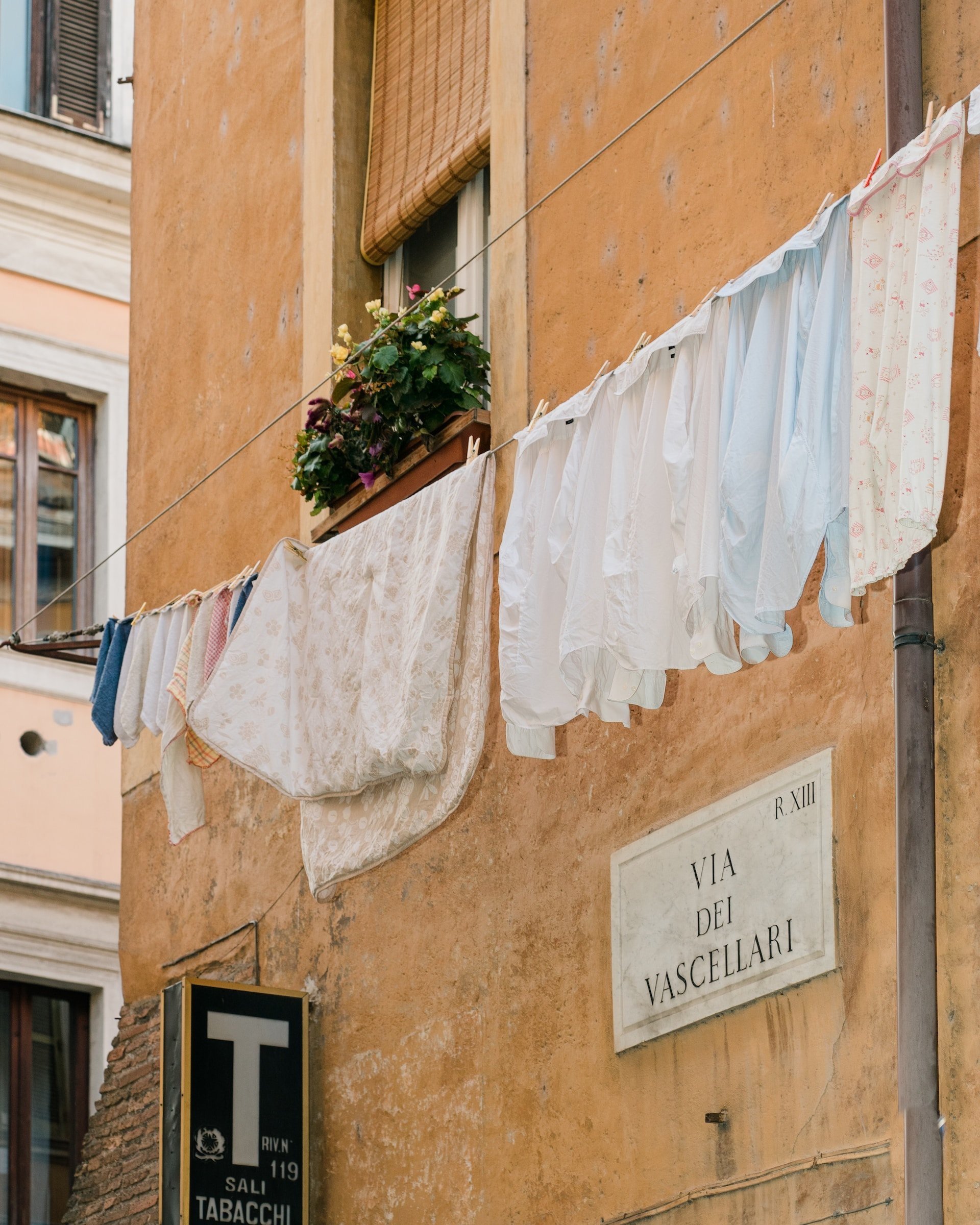

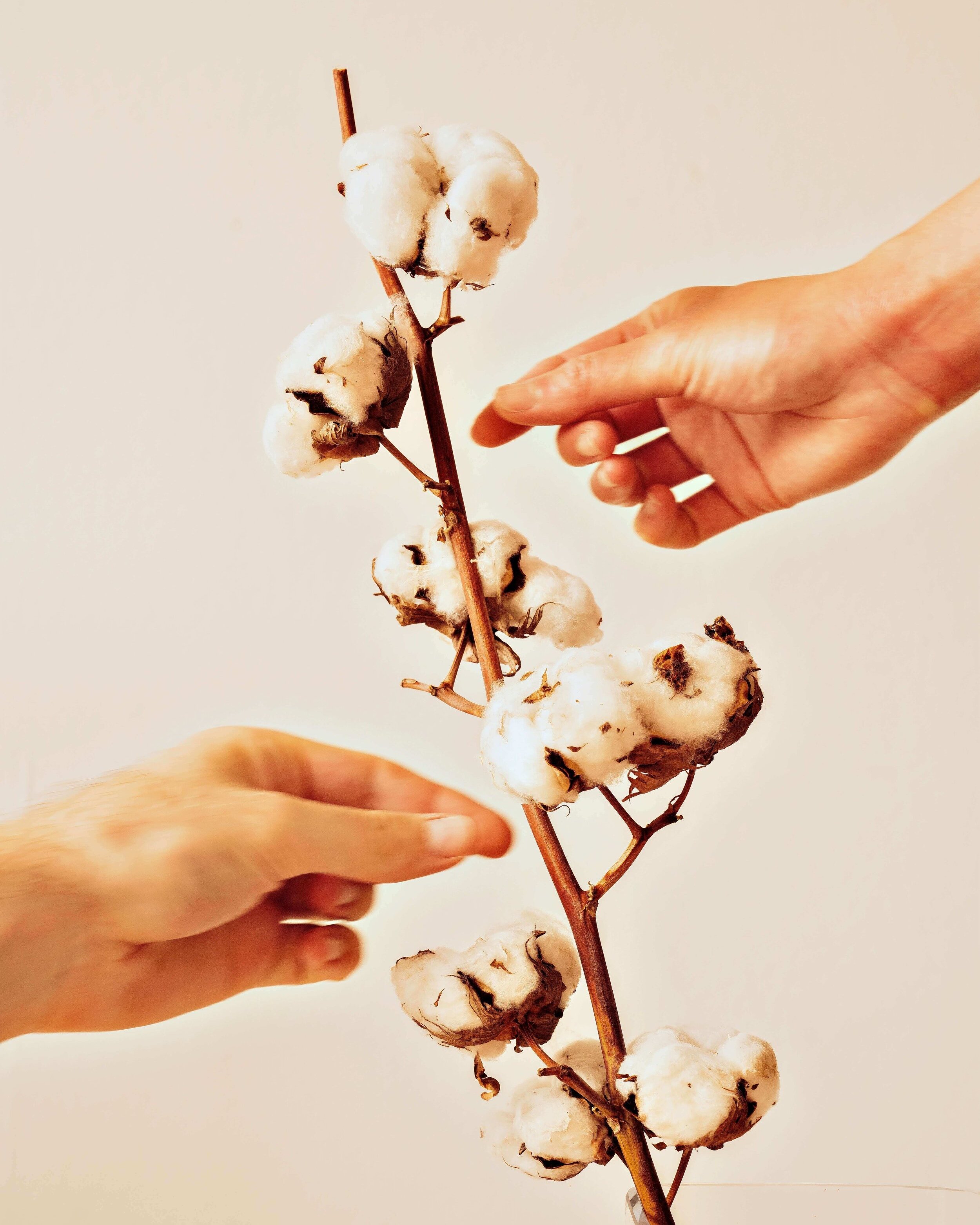
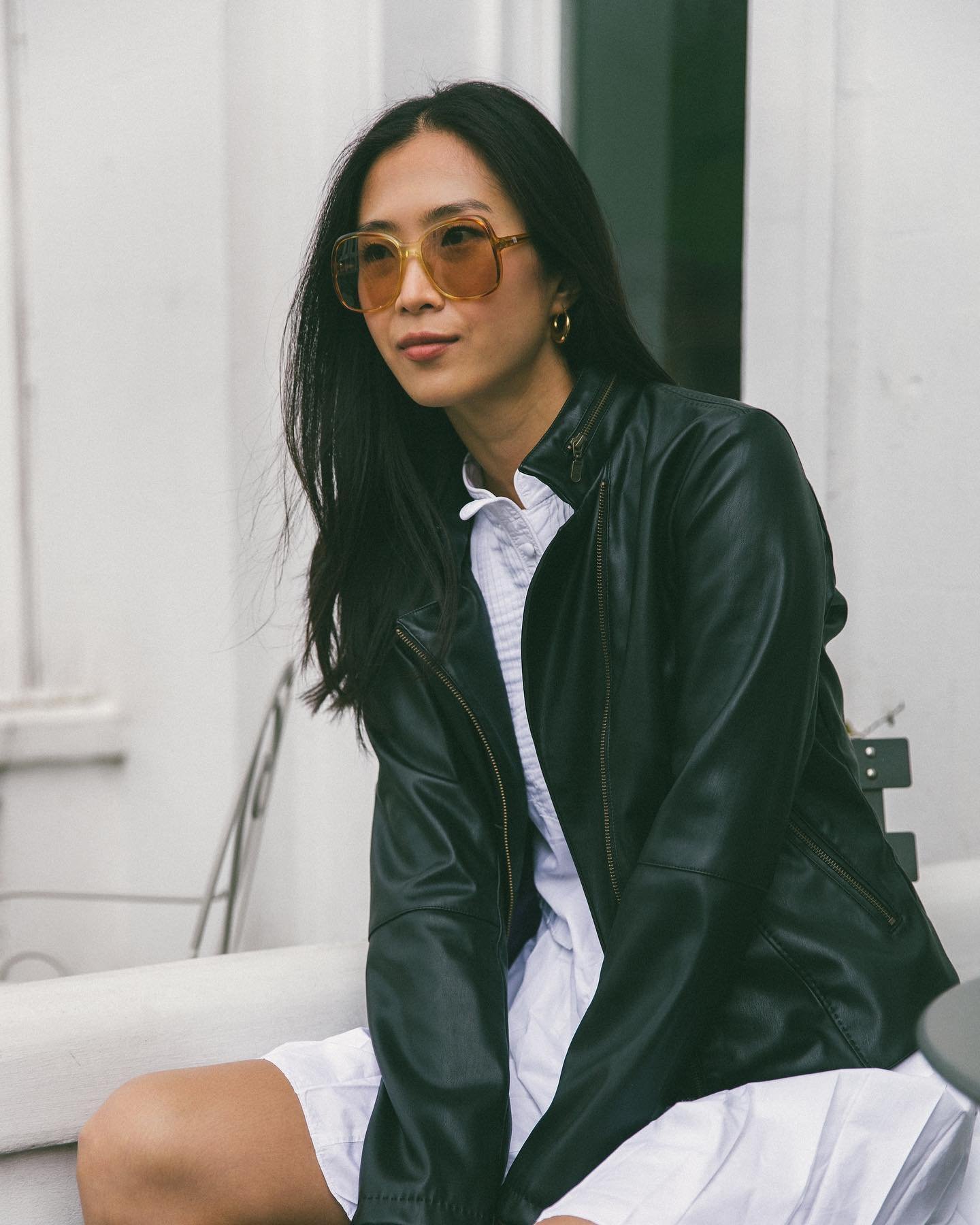
























This post is sponsored by OEKO-TEX®. We are excited to work with OEKO-TEX® because of their commitment to making non-toxic and eco-friendly consumer products more accessible with their various certifications and labeling systems. As always, we only recommend brands we truly believe in.
What is OEKO-TEX®?
OEKO-TEX® consists of several third-party certifications that ensure products undergo testing for potentially harmful chemicals that could affect humans and the wider ecosystem. OEKO-TEX® doesn’t manufacture any products itself; rather, it verifies other companies’ products.
Started in 1992, OEKO-TEX® has since expanded to include 18 independent represented around the world and six separate sets of standards that serve different purposes. (We’re going to break those down for you in a minute.)
Their overall mission is to “create trust in textiles and leather and in their production: through increased product safety, improving sustainable production and a sustainable, transparent value-creation chain.”
Third-party certifications are super important because they help to prevent greenwashing. This is becoming more and more important as sustainability becomes trendier. It’s easy for companies to jump on the eco bandwagon with their marketing jargon, but as conscious consumers, we want companies to prove that they’re putting their money where their mouth is. Having an outside body come in and check their operations and products according to a specific set of standards can help make this happen.
What materials can be OEKO-TEX® certified?
The majority of materials and end products that are OEKO-TEX® certified are in the textile category. But within that, there is actually a pretty wide variety of goods that can potentially earn an OEKO-TEX® certification label. These include:
Any kind of textile in any stage of processing, starting from the threads to the finished goods. This includes natural fibers like cotton and wool as well as synthetics like polyester and semi-synthetics like rayon.
Other components of a finished product undergo testing, such as threads, buttons, zippers, linings, dyes, and coatings.
Metals and glass
Foams and plastics
Leather
Breaking Down the OEKO-TEX® Labels
There are six different labels that a material or end product can potentially earn from OEKO-TEX®.